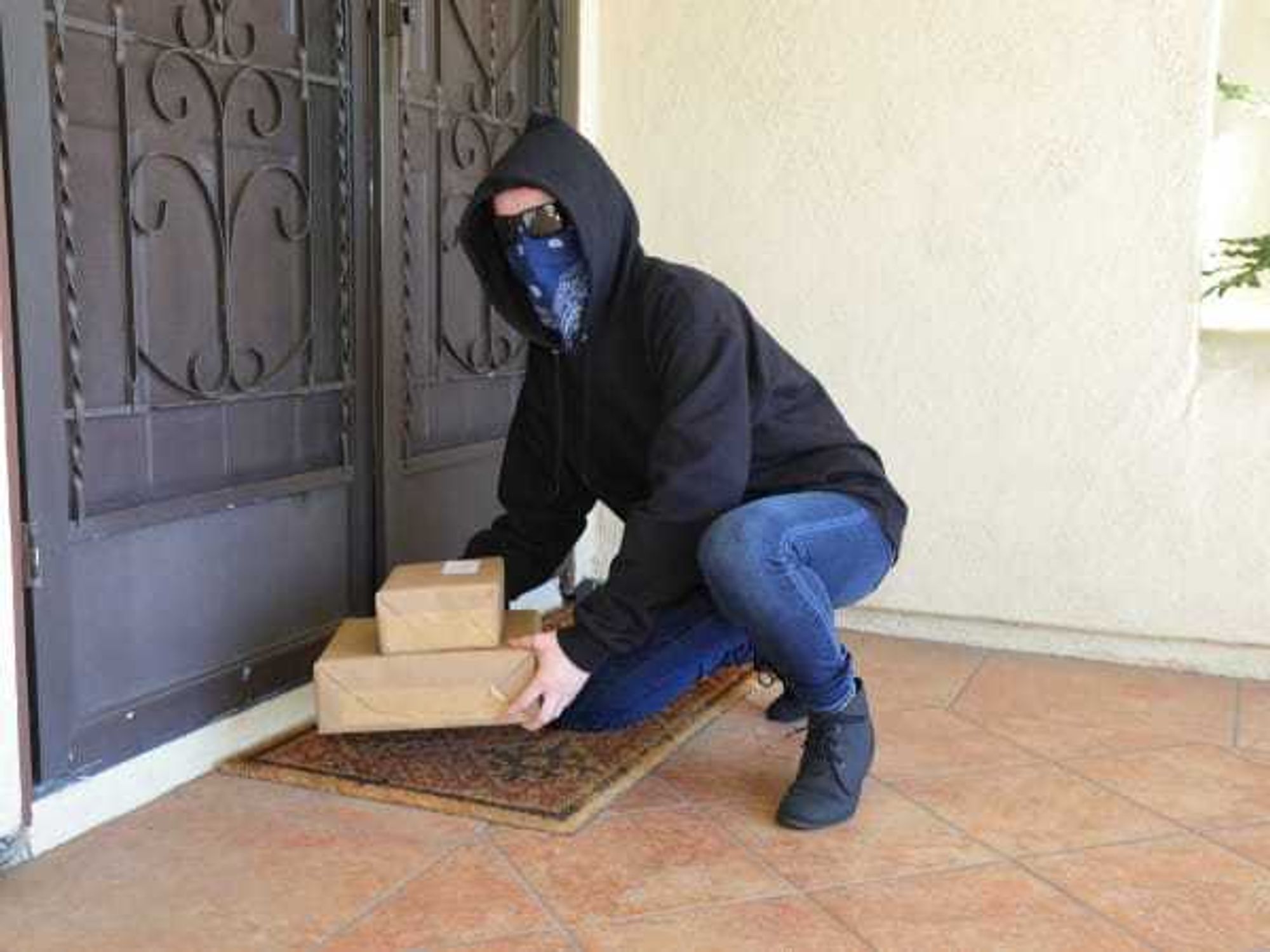At least, it's not Paris
Cool your road rage: Houston's traffic isn't as bad as you think
 Moscow: mess.
Moscow: mess. Houston takes #17.Photo by Larry W. Smith/EPA
Houston takes #17.Photo by Larry W. Smith/EPA Mexico City takes second place.
Mexico City takes second place. New York, New York slides in just before Houston in traffic headaches.
New York, New York slides in just before Houston in traffic headaches. Beijing: worst in the world.
Beijing: worst in the world.
Had it up to here with honking on Houston highways? Slow down, crazy, slow down.
According to new rankings by IBM Research, Houston is steadily parked at No. 18 among world cities when it comes to terrible traffic. That's a far better ranking than other cities with reputations of having a coveted quality of life (think Madrid, Paris, Amsterdam), where half of the workday can just be getting to work.
In Moscow, citizens might spend more than three hours inhaling exhaust fumes. But down in New Delhi, 96 percent of drivers describe their commute as so miserable, it's hazardous to their health. The world's worst is Beijing, which begrudgingly boasts that seven out of 10 drivers reportedly give up on traveling to work at least one day in the last three years completely due to traffic.
To conduct the study, IBM Research scoured 8,192 motorists in 20 cities, most of whom agree that traffic has only grown worse during the past three years. One-third suggest that the growing gridlock has wreaked havoc on their productivity at work or school. To compile their results, IBM developed a "Commuter Pain Index," which ranks the emotional and economic toll of commuting.
The cause in skyrocketing stress is a world economy growing faster than infrastructure in booming cities of the "global south." Dwell magazine predicts that in Jakarta, gridlock is such a mounting concern that by 2014 traffic will come to a complete standstill. Explains Wired.com, this situation "stands in contrast to cities like New York, Houston and Los Angeles, where growth has occurred over time, allowing traffic engineers to at least try to keep up."
Adds Naveen Lamba, IBM global industry leader for intelligent transportation, "Traditional solutions — building more roads — will not be enough to overcome the growth of traffic in these rapidly developing cities, so multiple solutions need to be deployed simultaneously to avoid a failure of the transportation networks.
"New technologies are required that empower transportation officials to better understand and proactively manage the flow of traffic," he adds.
In the United States, more than 8 in 10 people drive solo to work — compared to 50 percent for the rest of the world — and only 3.1 percent carpool. We spend more money driving than on groceries. But with such progressive initiatives as hybrid commuter buses and electric car stations, Houston's on it's way to becoming an aberrant case in the toll traffic takes.
So the next time you're snarled in the aftermath of a pileup or wasting time wading through Houston's concrete wasteland, keep in mind that there are 17 more miserable metropolises.
